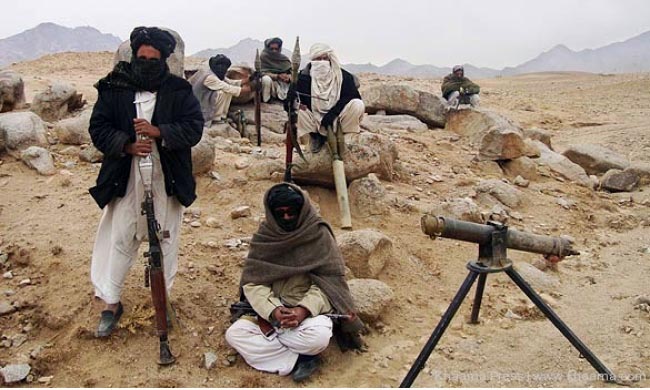KABUL - The Australian Chief of Defence, Marshal Mark Binskin, said that Afghan insurgents are getting the upper hand in many districts around the former Australian military base in Tarin Kowt.
Australian forces completed their withdrawal from Uruzgan province at the end of 2013, after a 12-year mission which saw 41 Defence Force personnel killed and 261 seriously wounded.
Last week, the top US commander in Afghanistan, General John Campbell, gave a bleak assessment of the security situation in the country, warning 2016 could be "no better and possibly worse than 2015" if adjustments were not made.
"Afghanistan has not achieved an enduring level of security and stability that justifies a reduction of our support in 2016," General Campbell said.
Defence Force head Air Chief Marshal Mark Binskin has told a Senate estimates hearing the Australian Defence Force agrees with the concerns, and insurgents in Uruzgan are pushing Afghan forces back.
"Our assessment is in the rural areas of outlying districts such as southern Dihrawud, Charchina, Shahidi Hassas, Chora and Khas Uruzgan," he said
"Insurgents have increased their freedom of movement and generally contain ANDSF (Afghan National Defence and Security Forces) units to their bases and their checkpoints."
Air Chief Marshall Binskin said 2015 was the first year the ANDSF took on the task of defending their country themselves, but the withdrawal of coalition support had made the job difficult.
Specifically, the Defence chief said the withdrawal of logistics support, air support, intelligence surveillance and reconnaissance had weakened the Afghan forces.
"[In] 2013-2014 they had some of the most sophisticated intelligence and surveillance systems in the world providing information and that was tailored down quite quickly, and the Afghan forces weren't able for a number of reasons ... to build up their air support capability as quickly as had been hoped," he said.
"That with the lack of ISR, and the air combat side of it meant towards the end of 2015 the Taliban started to realise they could start to move around with a little bit of impunity." (ABC)
Home » Afghanistan » Insurgents Gaining Control of Territory in Tarin Kowt
Insurgents Gaining Control of Territory in Tarin Kowt

